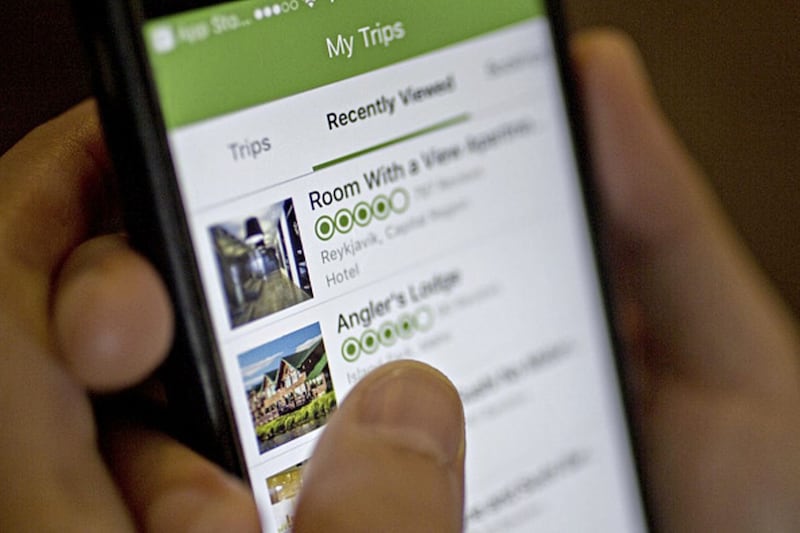OVER recent months the news has been awash with stories of unethical online marketing practices, but should businesses be concerned?
I would argue that the true impact of news stories surrounding unethical online practices should not be understated – and social’s slide towards being viewed as suspicious is real indeed.
Some claims suggest that 10 per cent of Americans have deleted their Facebook accounts since the revelations broke about what the company does with customer data.
#deletefacebook is hardly the hashtag founder Mark Zuckerberg would have wanted to see trending across social media – and he is unlikely to have enjoyed fielding questions about data impropriety at the US Senate and Congress hearings.
Meanwhile over at Facebook-owned platform WhatsApp, chief executive and co-founder Jan Koum has resigned after disagreements about encryption, saying: “It is time for me to move on”.
This follows co-founder Brian Acton’s departure last year, after WhatsApp’s original focus on user privacy had been swept away in a move that saw the messaging app begin to share user data with Facebook.
Under Facebook’s parentage, WhatsApp is now creating tools to help businesses target potential customers. Acton has only ever posted 64 times to Twitter during his nine years on the channel, but his most recent tweet sent a clear message: “It is time. #deletefacebook.”
Indeed, no one signing up to a social platform does so because they think it is a traditional broadcast channel for brands and corporations. The success of social media has been built on the premise that it is ‘for real people, by real people’.
For users, it’s for chat and the occasional cute cat or dog, the sharing of pictures of happy events with friends and family. A place for people to create online communities – and while they are willing to share content and data within the communities they are part of, many people don’t like others raiding their assets and distributing them far and wide.
Of course, user data, it is argued, means better segmentation, better ads, and therefore a better experience for consumers. Surely data harvesting, when used appropriately, can only be a good thing?
In fact, consumers have long been suspicious of having their lives tracked for profit. For example, while shoppers love finding relevant products in supermarkets, they are also suspicious of in-store camera-tracking technologies to create heat maps that help to optimise store layouts.
Today’s digital marketers should bear this in mind – and also remember one point of difference between their own world and that of traditional bricks and mortar, or other analogue settings.
When someone views an ad, or branded content, on social media, it occurs in their home, or in their palm – in a private moment of space and time.
Targeting consumers on social media is like stepping across a threshold where you might not be welcome. That doesn’t mean people don’t want marketers to let them know about products and services, but marketers should know not to overstep the mark.
:: Carol Magill is CIM network manager for Ireland









